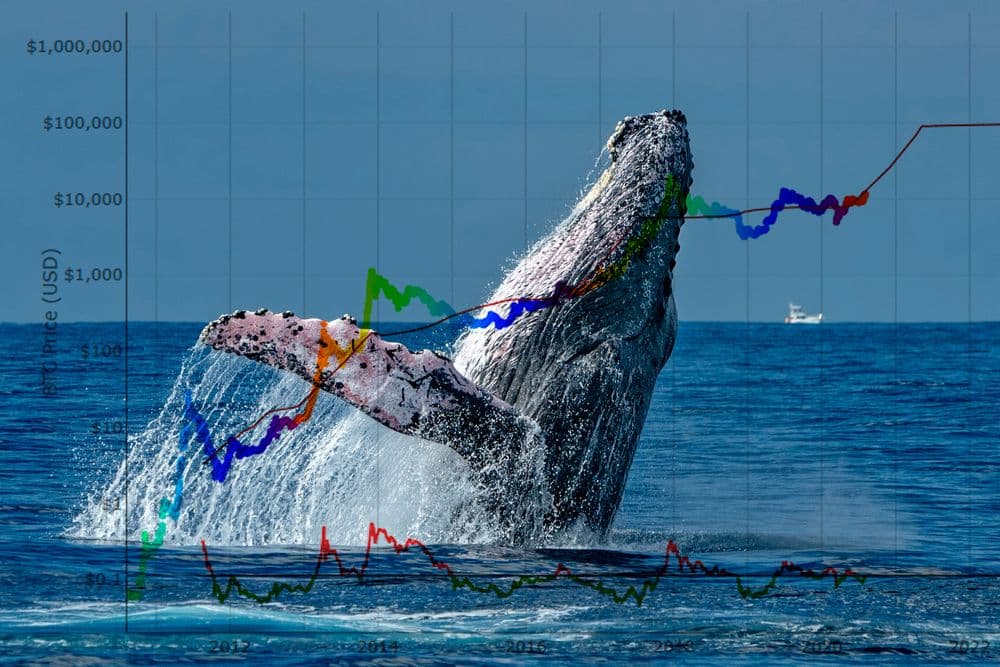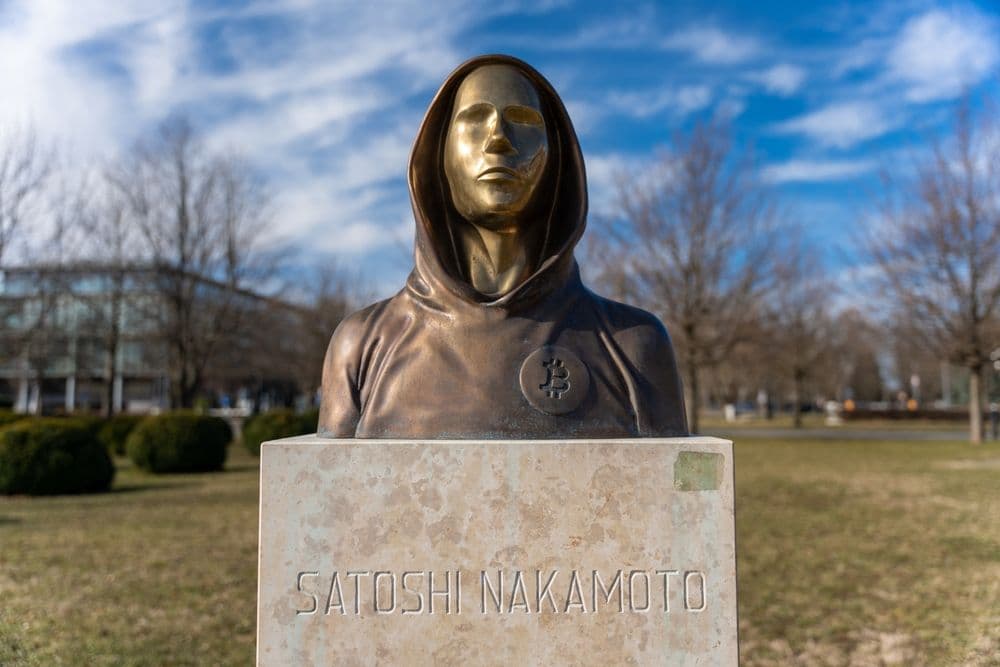Latest Satoshi Nakamoto News and Insights | Yellow.com
Trust Yellow.com for the latest and most reliable Satoshi Nakamoto news and insights. Stay informed with accurate updates, expert analyses, and comprehensive articles on Satoshi Nakamoto trends and market movements.









